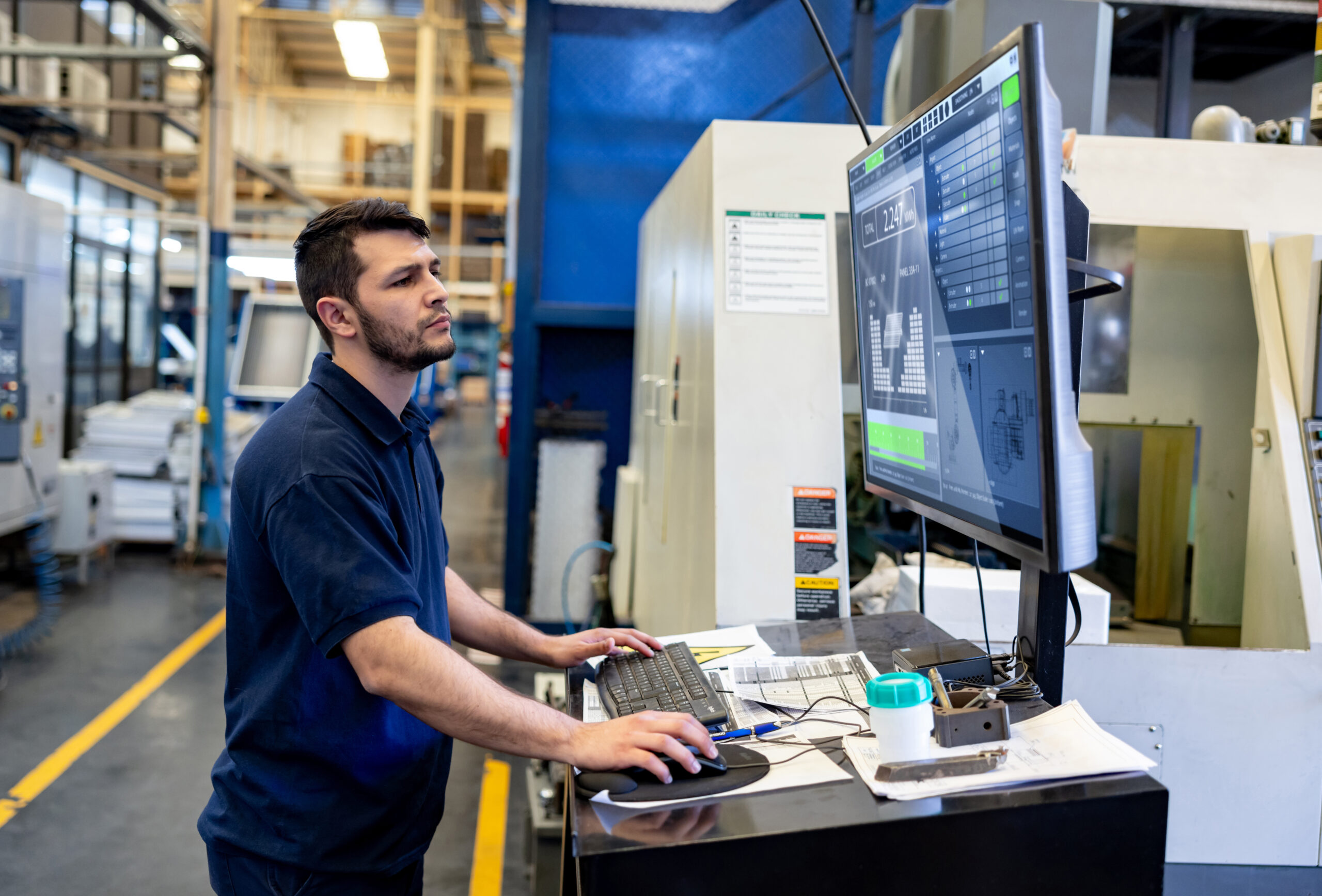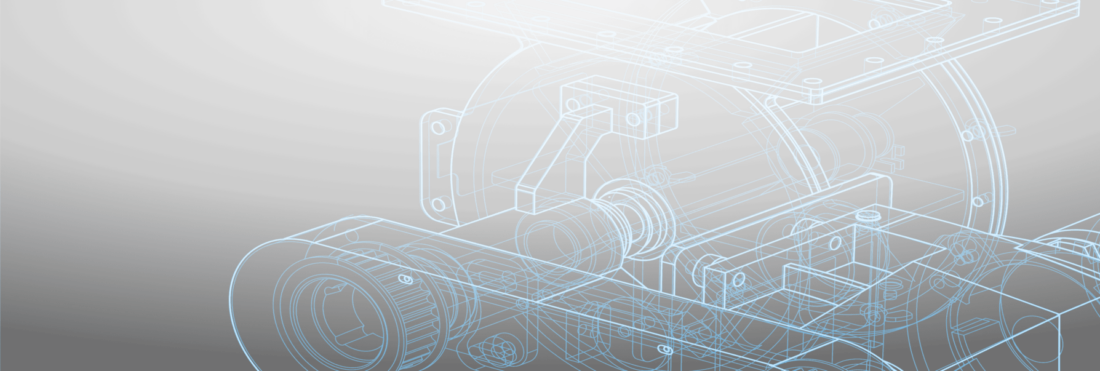
Managing resources, streamlining processes and delivering high-quality products on time and budget is essential for custom manufacturing companies. This is where Enterprise Resource Planning (ERP) systems come into play. ERPs offer a centralized solution to integrate and manage various business functions, enhancing productivity and ensuring seamless operations.
However, not all ERPs are created equal. They come in different tiers, each catering to specific business needs. Below, we will explore the three different tiers of ERPs and guide custom manufacturing companies on how to choose the right one for their unique requirements.
What Are the 3 Tiers of ERP Software?
Tier 1:
Tier 1 ERPs are robust, all-encompassing solutions designed for large multinational corporations. These are the big brand name ERPs—like Oracle—and offer extensive modules covering every aspect of business operations, including supply chain management, human resources, finance and more.
Tier 1 systems provide high scalability and can handle complex processes and vast amounts of data. ERPs in this tier are ideal for companies with diverse product lines, international operations and intricate supply chains. They are also the highest-priced ERP systems on the market and are geared towards companies with over $250 million in annual sales.
Pros of Tier 1 ERPs:
Scalability: Can handle large volumes of data and users.
Comprehensive: Covers every aspect of business operations.
Highly Customizable: Can be configured to suit your exact needs.
Cons of Tier 1 ERPs:
Cost: High initial investment and ongoing maintenance expenses.
Complexity: Implementation can be time-consuming and challenging.
Tier 2:
Tier 2 ERPs are tailored to mid-sized companies. They strike a balance between functionality and affordability, offering a wide range of modules to streamline various business processes but at a more affordable price.
Tier 2 ERPs tend to be industry-specific systems with built-in functionalities dedicated to handling the needs of specific sectors. They generally offer less customization than Tier 1 systems as they already incorporate features designed to cater to particular industries. Due to this industry-specific focus, some Tier 2 ERP systems will actually have more advanced functionalities in certain areas than their Tier 1 alternatives. For instance, some mid-level Tier 2 manufacturing platforms will have superior MRP and production scheduling modules than their Tier I counterparts.
Tier 2 ERPs are suitable for companies with moderate-sized production lines, annual sales that fall somewhere between $25 to $250 million and a need for advanced features without the complexity of Tier 1 solutions.
Pros of Tier 2 ERPs:
Functionality: Offers advanced features without overwhelming complexity.
Affordability: Lower initial costs compared to Tier 1 ERPs.
Implementation: Can be implemented more quickly than Tier 1 systems.
Cons of Tier 2 ERPs:
Less Scalability: Might struggle with extensive data and user volumes.
Support: Offer good support but might not be as global as Tier 1 solutions.
Tier 3:
Tier 3 ERPs are basic, off-the-shelf solutions primarily designed for small businesses. They offer fundamental modules such as accounting, inventory management and order processing but don’t have the built-in functionality of higher-tiered ERP systems.
These systems are user-friendly, easy to implement and cost-effective. Tier 3 ERPs are suitable for startups and small custom manufacturing companies with straightforward operations and smaller budgets.
Pros of Tier 3 ERPs:
Affordability: Low initial investment and operational costs.
Simplicity: Easy to use and implement without extensive training.
Speed: Quick implementation allows for rapid deployment.
Cons of Tier 3 ERPs:
Limited Features: Basic modules may lack advanced functionalities.
Scalability: Not suitable for businesses with significant growth plans.
3 Steps to Choosing the Right ERP Tier for Your Custom Manufacturing Company
1. Assess Your Needs
Company Size and Complexity: Large custom manufacturing companies with diverse product lines and intricate supply chains require Tier 1 ERPs due to their complexity. Smaller to mid-sized companies might find Tier 2 or Tier 3 ERPs more suitable, offering the right balance of features at a better price.
Pain Points: Identify specific challenges in your current processes. If inventory management, production scheduling or quality control are significant pain points, focus on ERP tiers that excel in these areas. Tier 2 systems are often catered more towards specific industry needs and may be the right choice. If you only need some basic ERP functionalities, Tier 3 may work for you.
Future Needs: Anticipate how your business will evolve. If you plan to diversify your business model or expand internationally, scalability and comprehensive features become crucial, guiding you towards Tier 1 ERPs. Opting for an ERP that matches your growth ensures you avoid costly transitions. Upgrading to a higher-tier ERP involves significant time, effort, and resources. Choose a tier that aligns with your expected growth for the next few years.
2. Define Your Budget
Initial Investment: Consider the initial costs of software licenses, hardware and implementation services. Tier 1 ERPs usually have very high upfront costs due to their extensive features, need for customizations and complexity. Tier 3 systems will have significantly lower initial costs but may lack long-term functionality.
Training and Implementation: Budget for employee training and implementation services. Tier 2 and Tier 3 ERPs will have lower training costs due to their user-friendly interfaces and simpler workflows.
Ongoing Maintenance: Factor in recurring software updates, support and maintenance costs. Tier 1 ERPs might have higher ongoing expenses due to their comprehensive support infrastructure.
3. Understand Your Requirements
Unique Processes: If your manufacturing processes are highly specialized, a customizable ERP is essential. Tier 1 systems often offer extensive customization options, allowing you to precisely tailor the software to match your unique requirements.
Industry-Specific Needs: Evaluate whether an industry-specific ERP could be your best choice. Many manufacturing-specific Tier 2 ERP systems will have more advanced modules geared towards manufacturing processes than Tier 1 systems.
Integrations: Consider how the ERP integrates with existing software tools. Custom manufacturing often involves CAD software, IoT devices, and CRM systems. Tier 3 systems may lack enough functionality to facilitate seamless integrations.
Select the Right ERP Tier to Ensure Success
Choosing the right ERP tier is a critical decision that directly impacts your custom manufacturing company’s efficiency and growth. By carefully evaluating your needs, budget, future aspirations and requirements, you can select an ERP system that aligns perfectly with your business, ensuring a streamlined operation and ongoing success.
Get your eBook Scared to implement a new ERP?
"*" indicates required fields



